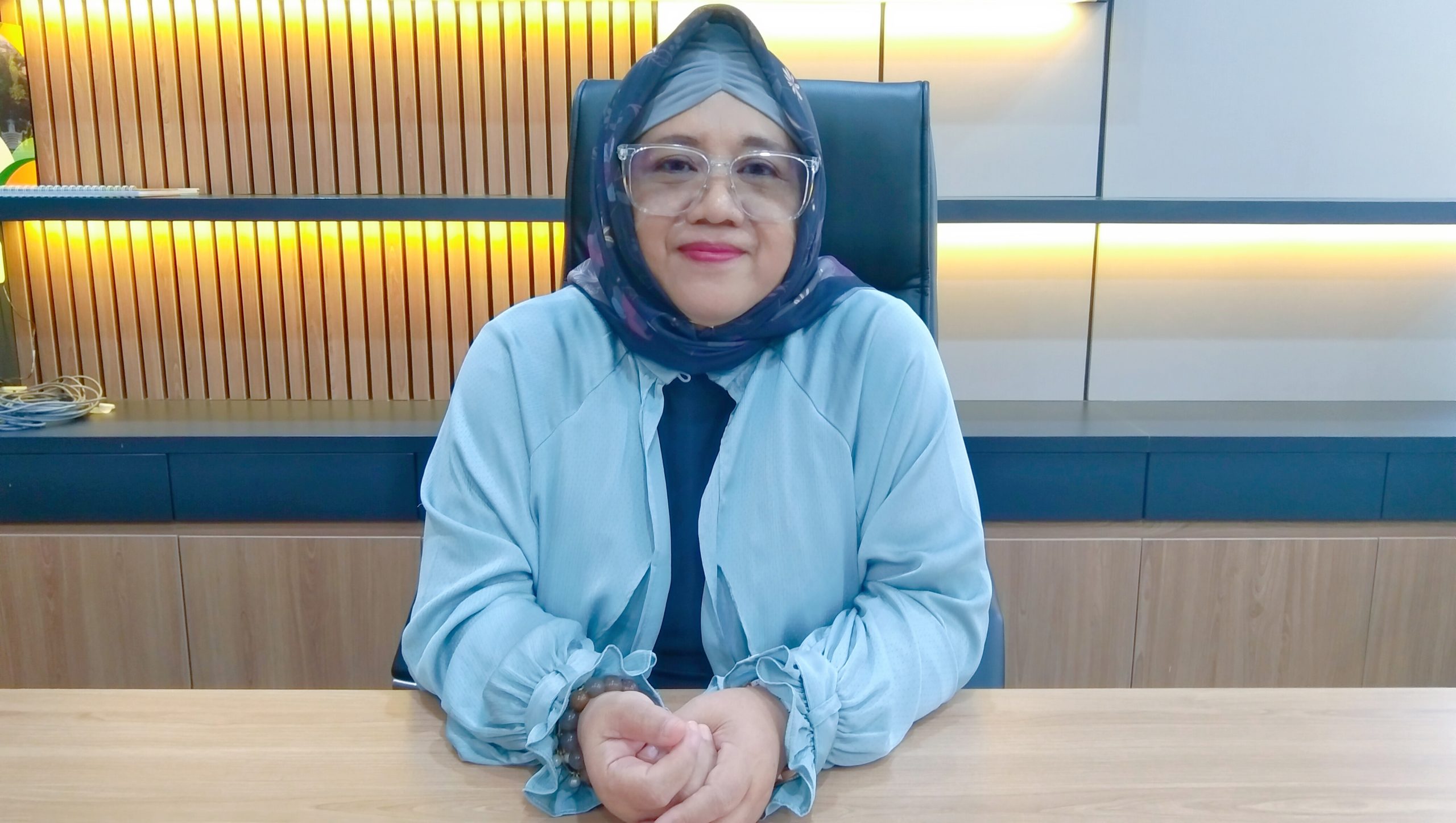Unveiling the Pantura Highway: Forgotten Crimes and Social Pathologies in History
Insights from Prof. Dra. Endah Sri Hartatik, M.Hum. (endahwasino@gmail.com)
The Pantura Highway has silently witnessed Indonesia’s historical journey, particularly from the early 20th century through the New Order era. More than just a major transportation route, this highway has shaped social, economic, and even criminal dynamics along its stretch. The Public Relations Team of FIB UNDIP had the opportunity to interview Prof. Dra. Endah Sri Hartatik, M.Hum., who shed light on the hidden aspects of life along this highway, including crimes such as highway robbery, extortion, and other rarely studied social phenomena from a historical perspective.
The Highway and the Emergence of Crime
The Pantura Highway has not only facilitated trade and goods distribution but also given rise to unique forms of crime, including:
“Bajing Loncat” (Jumping Squirrels)
“Bajing loncat” is a criminal method frequently occurring along Pantura, where thieves steal goods from moving or stationary trucks. This operation is highly coordinated, often involving a team with specific roles, such as a decoy driver, a theft executor, and a backup vehicle to transport the stolen goods.
Thuggery and Middlemen in Terminals
Bus and truck terminals have become breeding grounds for thuggery in the form of brokers or ticket scalpers. These brokers act as intermediaries for travelers. Prof. Endah highlights that many of these brokers were former thugs who were tolerated as long as they followed the unwritten rules in the area.
Robbery and Extortion
Certain sections of Pantura are notorious for robberies, especially in deserted areas or emergency stop points. Truck drivers often travel in groups to avoid such crimes. They employ specific strategies, such as convoy driving, to ensure safety from criminal gangs.

Social Pathologies Along the Highway
Beyond crime, the Pantura Highway has also become a setting for various social phenomena that have rarely been explored from a historical perspective.
Hidden Prostitution in Massage Parlors
Some rest areas for truck drivers along Pantura offer massage services that secretly involve prostitution. This highlights how the highway serves not only as a route for goods and people but also as a space for various social practices that have evolved over time.
The Polygamy Phenomenon Among Truck Drivers
One of Prof. Endah’s most intriguing findings was the practice of truck drivers having multiple wives in different cities. Many drivers provide their wives with small businesses, such as food stalls or kiosks, ensuring they have a source of income while the drivers continue their journeys.
Graffiti and Truck Driver Slogans
Unique writings on truck bodies, such as “Two Wives, Two Problems” or “Always Remember Mom,” are not just decorations but reflect the social and psychological conditions of truck drivers. These slogans often contain humor, spirituality, or reflections on the hardships of life on the road.
The Impact of Infrastructure Changes on Highway Life
With the construction of the Trans-Java Toll Road, life along the Pantura Highway has undergone significant transformations, including:
- The Decline of Local Economies:
Many roadside businesses, such as food stalls, workshops, and fuel kiosks, have lost customers as drivers now prefer faster and more efficient toll roads. - Crime Migration:
With reduced activity on the old highway, crime has begun shifting to other high-traffic locations. For example, bajing loncat thefts have started targeting alternative transport hubs. - Changes in Travel Patterns:
Previously, truck drivers had multiple rest stops, but now they rely more on limited rest areas along the toll road.
New Research Findings
According to Prof. Endah, highways also contribute to public health issues. For instance, during flooding, diseases such as skin infections, cholera, and other illnesses become widespread. This historical connection between infrastructure and public health is a fascinating area for further research.
Support from the Dean of the Faculty of Humanities, UNDIP
The Dean of the Faculty of Humanities at Diponegoro University, Prof. Dr. Alamsyah, M.Hum., has expressed full support for Prof. Endah’s research. Based on the available data, he stated:
“At the Faculty of Humanities, Diponegoro University, we strongly support Prof. Endah’s research. Her study is highly significant in the field of cultural studies and contributes greatly to academic development in Indonesia. We hope her findings will serve as an important academic reference for the broader public and inspire further research on similar topics.”
Pantura Highway: More Than Just a Road
The Pantura Highway is not merely a transportation route; it is a social space filled with stories of life, crime, and human adaptation to infrastructure changes. Through Prof. Endah Sri Hartatik’s research, we gain insight into how the history of highways is not just about physical construction but also about evolving social dynamics.
Studies like this are crucial to understanding how infrastructure impacts society and how policy changes can significantly affect the economy and security along major transportation routes.
